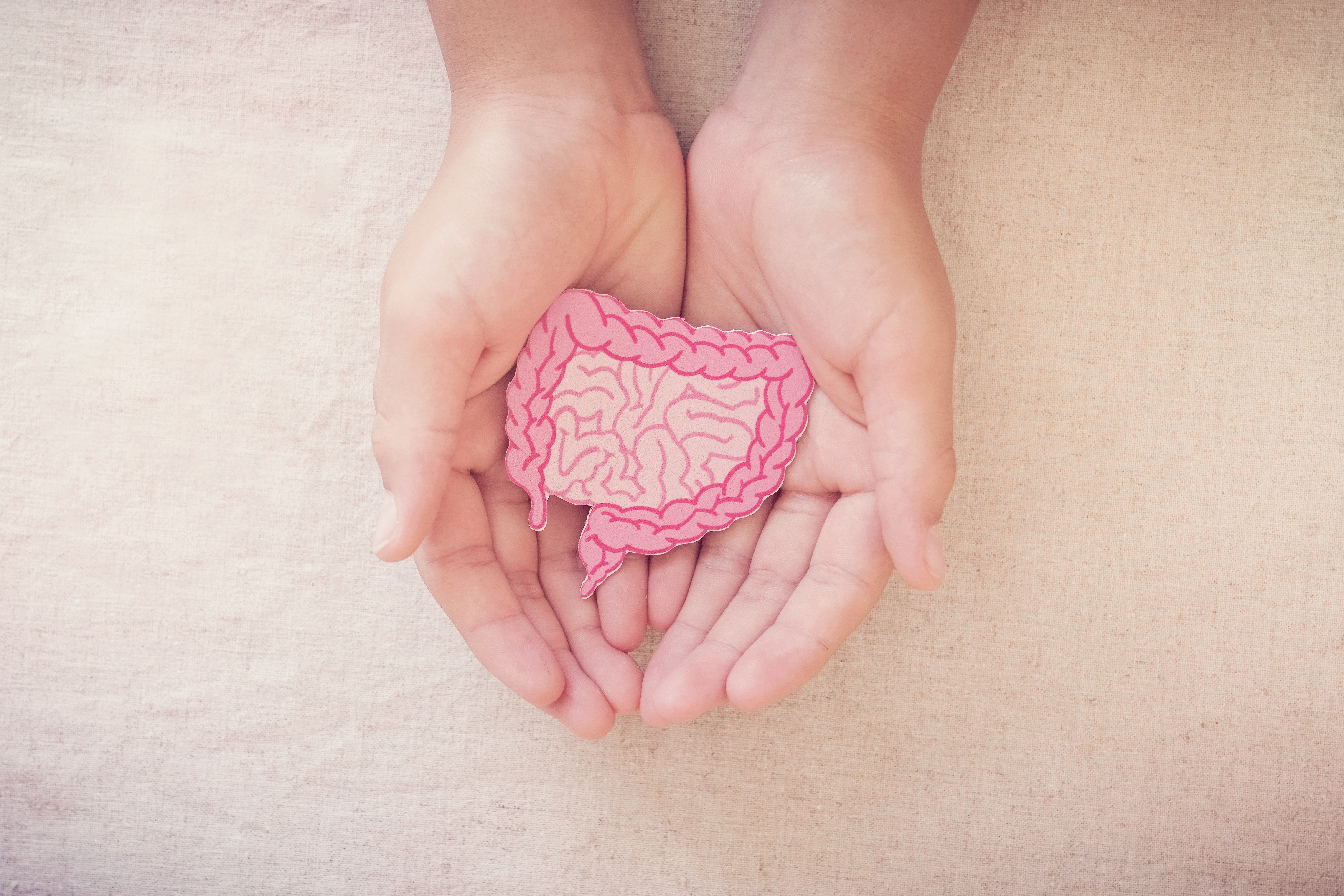Since gut health is crucial to our overall well-being beyond our physical health, it is important to understand
what it really is, the truths and myths that surround it, what to believe and what not to:
Myths
Consuming large amounts of fiber in a person’s daily diet prevents constipation.
While it is true that a diet high in fiber can help with healthy and regular bowel movements, it bears worth mentioning that fiber is a type of carbohydrate that cannot be digested by the body.[1] They are the indigestible part of plant foods. Which means that excessive intake of fiber can lead to quite the opposite effect.[2] That said, it is worth nothing that Canadian women need 25 grams of fibre per day and men need 38 grams of fibre per day, and most Canadians are only getting about half that much [3]
Occasional constipation is not usually a cause for concern.
Frequent and repeated episodes of constipation should not be ignored. While Chronic constipation can lead to a number of health issues like hemorrhoids, anal fissures and even bowel obstruction, occasional constipation can also result in problems if left unchecked.[4]
Probiotics work like magic for constipation.
Yes, probiotics are beneficial for gut health (or conditions like Irritable Bowel Syndrome or Inflamatory Bowel Disease) but they don’t always help with constipation. Probiotics are live bacteria and yeast like the ones found in the human gut[5] that help keep the balance in the gut microbiome but are definitely not a one-size-fit-all solution for constipation.
Water is the cure for constipation.
While dehydration can lead to constipation it is not always necessary that it is the cause.[6] Constipation can be caused by a number of reasons like low physical activity, a diet too low in fiber or even certain medical conditions.[7]
Constipation means you aren’t having enough bowel movements.
Different body types have different patterns, but many guidelines still suggest that less than 3 bowel movements a week can be classified as constipation.[8]
With the myths out of the way, let’s remember some important information when it comes to gut health, constipation and digestion.
Truths
Probiotics and prebiotics can help improve gut health.[9]
Prebiotics are non-digestible fibers that act as food for the probiotics and help grow “good” bacteria in the gut. Probiotics not only help improve good gut health but can also help with constipation.[10] They are found in fermented foods like yogurt and kefir. However, constipation can be caused by a multitude of reasons probiotics may not be able to help with. It is always best to get professional medical advice.
Constipation could be a sign of an underlying medical condition.
It is important to understand the cause of your constipation. Constipation could be your body’s way of telling you that something may not be right. You could be suffering from irritable bowel syndrome (IBS), inflammatory bowel disease (IBD), or other colon-related medical issues.[11]
Sleep plays an important role in our gut health.
While you’re asleep, you allow your body to repair and regenerate the gut lining which is essential to maintain good gut health.[12] Make sure you get enough hours of sleep.
Laxatives help relieve constipation.[13]
Over-the-counter medication from one of Lax A Solutions might be right for you, especially in the circumstances listed below:
- For occasional constipation, you could consider Lax-A Day®, which provides gentle and effective relief from occasional constipation
- For overnight relief, Lax-A Senna® might be right for you
- For daily use or if you’re not getting enough fibre, you should consider Lax-A Fibre®
- And for immediate use, Lax-A Nema®, which is a single dose rectal solution that provides fast-acting relief[14]
These products may not be right for you. Please read and follow the label before use.
Lax-A Day®, Lax-A Fibre® and Lax-A Senna® are registered trademarks owned by Norwell Consumer Healthcare Inc.
References
- Fiber https://www.hsph.harvard.edu/nutritionsource/carbohydrates/fiber/
- How much fiber is too much? By Danielle Dresdan https://www.medicalnewstoday.com/articles/321286
- Govt. of Canada https://www.canada.ca/en/health-canada/services/nutrients/fibre.html
- Constipation https://www.mayoclinic.org/diseases-conditions/constipation/symptoms-causes/syc-20354253
- What are probiotics? By Christine Mikstas https://www.webmd.com/digestive-disorders/what-are-probiotics
- How drinking fluids can help you manage constipation : By Debra Fulghum Bruce https://www.webmd.com/digestive-disorders/water-a-fluid-way-to-manage-constipation
- Concerned about constipation? https://www.nia.nih.gov/health/concerned-about-constipation
- Definition & facts for constipation https://www.niddk.nih.gov/health-information/digestive-diseases/constipation/definition-facts
- Using probiotics and prebiotics to improve gut health https://pubmed.ncbi.nlm.nih.gov/12927512/
- Probiotics, prebiotics and synbiotics - a review https://www.ncbi.nlm.nih.gov/pmc/articles/PMC4648921/
- Irritable bowel syndrom: IBS https://my.clevelandclinic.org/health/diseases/4342-irritable-bowel-syndrome-ibs
- How gut microbes contribute to good sleep : By Jennifer Huizen https://www.medicalnewstoday.com/articles/how-gut-microbes-contribute-to-good-sleep
- Safely using laxatives for constipation: Debra Fulghum https://www.webmd.com/digestive-disorders/laxatives-for-constipation-using-them-safely
- Product information





